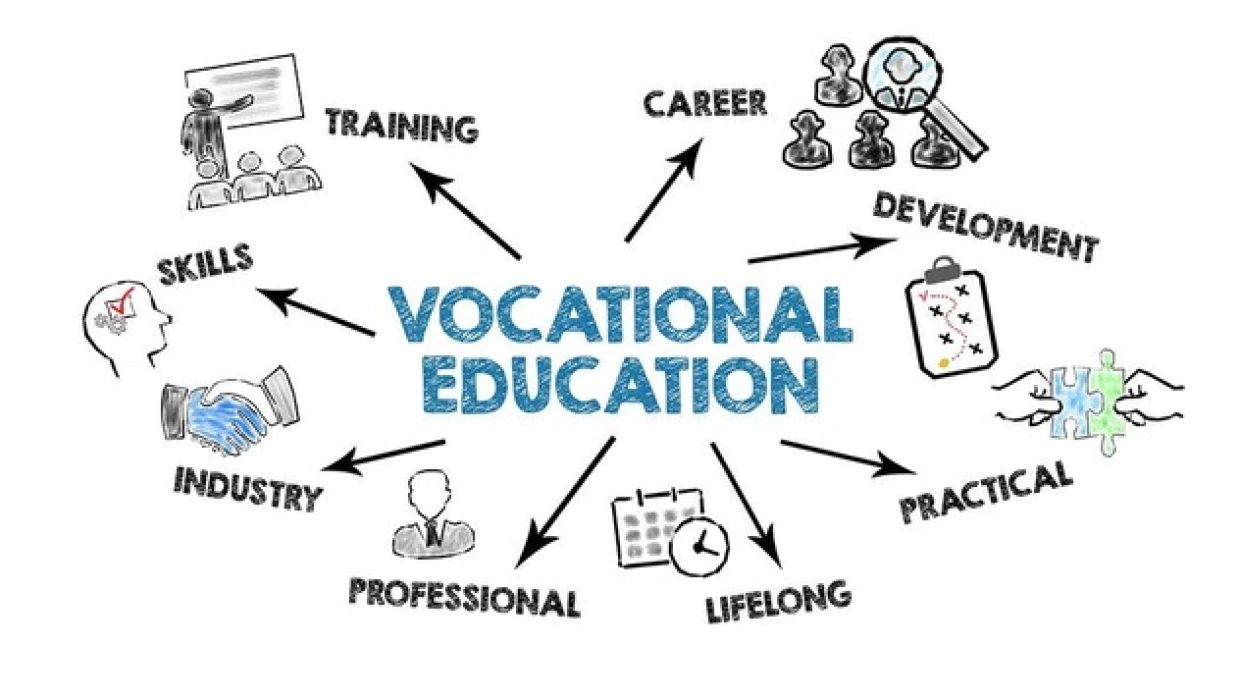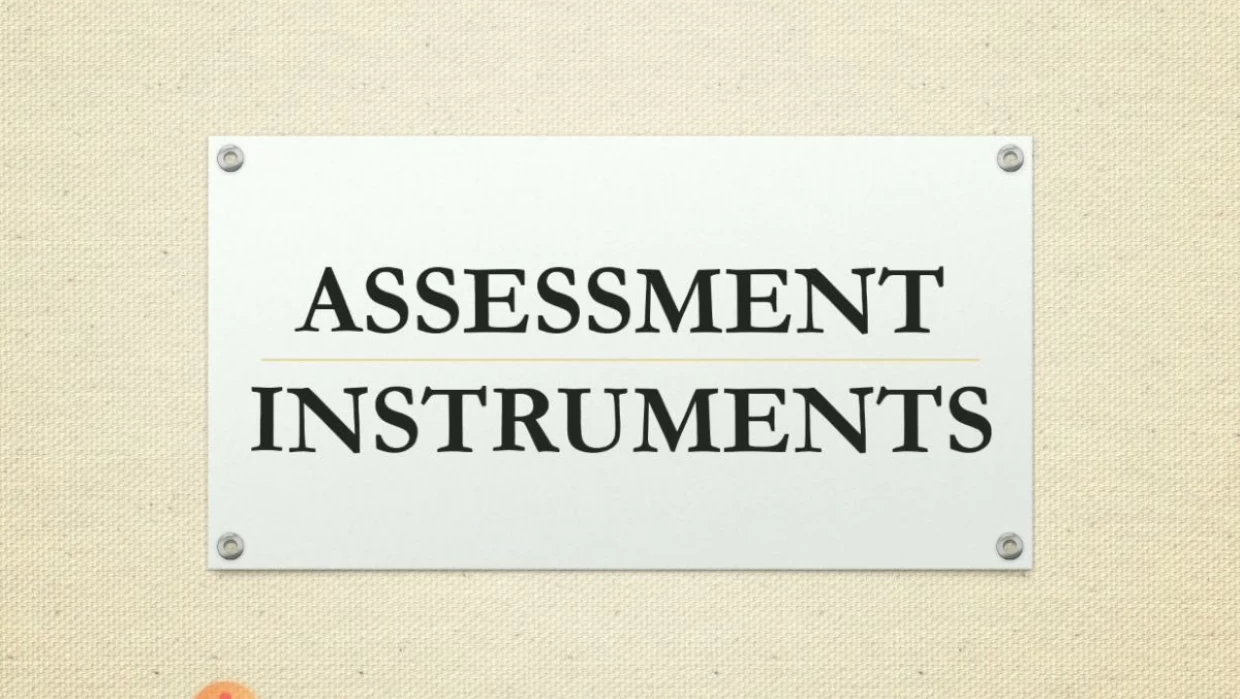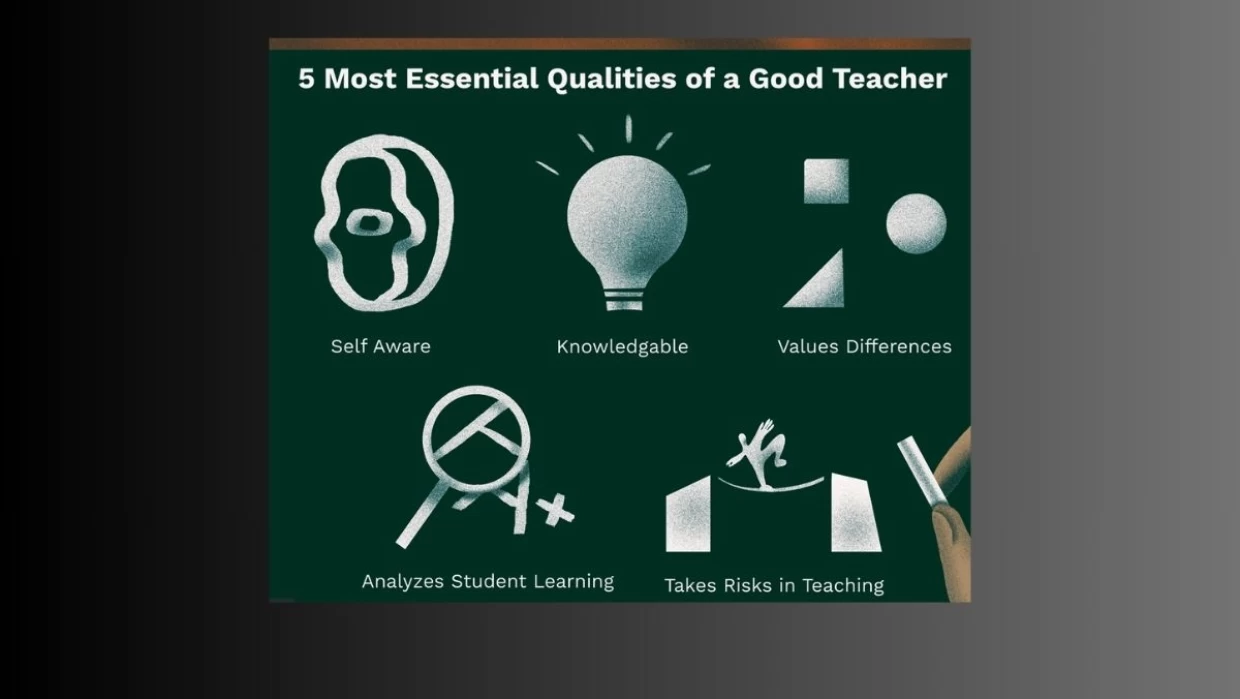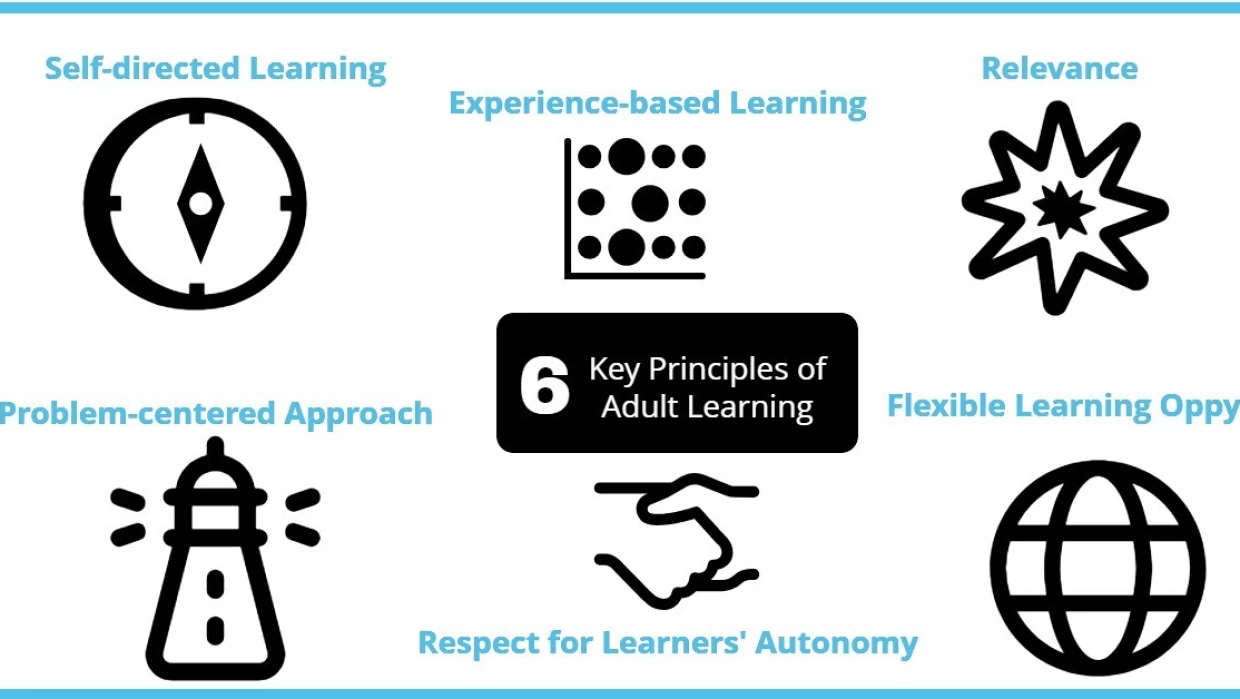In today's competitive training market, attracting students who already have experience is a goldmine for your RTO. Recognition of Prior Learning (RPL) allows you to do just that! But here's the thing: the quality of your RPL assessments depends on one crucial factor – your assessors.
Think about it. They're the experts, ensuring fairness and upholding the integrity of the RPL process. So, how do you find the best RPL assessors for your Australian RTO? We've got you covered!
In this blog, you will learn about the qualities of a great RPL assessor who provides you with targeted strategies to find the perfect fit for your team. Investing in top-notch assessors isn't just about ticking compliance boxes – it's about boosting student satisfaction, enhancing your RTO's reputation, and ultimately, achieving your training goals.
What are the Qualities of an RPL Assessor
Imagine this: a student walks into your RTO brimming with experience, eager to translate their skills into a qualification. Recognition of Prior Learning (RPL) can be a game-changer for them, but the key to a smooth process lies with your RPL assessors.
Let's break down the essential qualities of an RPL assessor:
1. Industry Expertise:
Think about it – you wouldn't want someone assessing a chef's skills who's never stepped foot in a kitchen! The same goes for RPL. Your assessors need to be industry veterans. They should have a deep understanding of the specific qualifications they're evaluating, the current industry practices and the skills students are expected to possess. This ensures they can accurately assess the evidence provided and make informed judgments.
2. Assessment Skills:
Being an RPL assessor goes beyond ticking boxes. They need a strong grasp of assessment best practices. This includes:
Applying the right tools: Knowing how to use various assessment methods like portfolios, interviews, and practical skills demonstrations to effectively evaluate a student's knowledge and skills.
Evaluating evidence with a critical eye: Being able to assess the authenticity and relevance of the evidence provided by students, ensuring it truly reflects the learning outcomes of the qualification.
Making fair and consistent judgments: Assessors need to be objective and avoid bias. They should consistently apply the assessment criteria to all students.
3. Understanding the RPL Rules
Australia has a robust framework for RPL assessments. Your assessors need to be well-versed in the relevant regulations and guidelines set by the Australian Skills Quality Authority (ASQA). This ensures your RTO stays compliant and delivers RPL assessments that meet national standards.
4. Communication & Interpersonal Skills:
The RPL process can be complex for students, so clear communication is essential. Your assessors need to be able to explain assessment requirements simply and understandably. They should also be empathetic listeners, and build a trusting environment where students feel comfortable discussing their experiences and providing evidence.
Finding the Best RPL Assessors for Your RTO
Now you know the qualities of an RPL assessor, but where do you find them? Here's the thing, you have two main options: building your RPL assessment team internally or reaching out to external experts.
Building Your Internal RPL Team:
Pros:
Existing Staff Knowledge: Your current staff already understands your RTO's culture and the qualifications you offer.
Cost-Effective: Training existing staff can be more cost-effective than hiring external assessors.
Cons:
Limited Expertise: Internal staff might not have the deep industry knowledge required for all your qualifications.
Workload Management: Adding RPL duties to existing staff workloads can create strain.
Engaging External Assessors:
Pros:
Industry Expertise: Access a wider pool of assessors with specialized industry knowledge.
Flexibility: Scale your RPL assessment team up or down as needed.
Cons:
Cost: Hiring external assessors can be more expensive than using internal staff.
RTO Culture Fit: It can take time to find external assessors who understand your RTO's values and approach.
The Best of Both Worlds:
Many RTOs find a successful balance by using a combination of internal and external assessors. This allows you to leverage existing staff knowledge while accessing specialized expertise when needed.
Targeted Recruitment Strategies:
Now that you know your options, here are some tips for finding top-notch RPL assessors, no matter where you look:
Industry Associations & Networks: Tap into the power of your industry association or relevant professional networks. They often have connections with qualified RPL assessors in your field.
Online Job Boards: Don't underestimate the reach of online job boards. Post clear and concise job descriptions highlighting the specific qualifications and experience you're looking for.
The Selection Process: Choosing the Right Fit
Finding the perfect RPL assessor isn't just about ticking boxes – it's about finding someone who truly complements your RTO. Here's how to ensure you select the best fit for your team:
1. Assessing Credentials & Experience:
Resumes and qualifications are your first line of defence. Look for assessors with relevant industry experience that aligns with the qualifications they'll be assessing. Imagine an assessor who has walked and talked the talk in your students' field – that's your desired expertise! Don't forget to check references – past employers or colleagues can offer valuable insights into the assessor's work ethic and assessment skills.
2. Conducting Thorough Interviews:
Resumes are great, but interviews are where you get to know the real person behind the qualifications. Ask pointed questions to assess their industry knowledge – can they discuss current trends and best practices in the field? Explore their assessment experience – how do they approach evaluating evidence, and what strategies do they use to ensure fair and consistent judgements? Most importantly, learn about their understanding of RPL principles. Do they grasp the importance of recognizing a student's prior learning, not just re-teaching it? Test their knowledge of Australian RPL regulations and best practices. Are they familiar with the relevant frameworks and assessment tools used for RPL in Australia?
Here is a helpful resource from the Australian Skills Quality Authority (ASQA) to guide your interview questions:
Conducting Assessment: (ASQA | Spotlight On assessment validation, Chapter 1)
3. Ongoing Training & Development:
The world of training and assessment is constantly evolving. To ensure your RPL assessors stay sharp, invest in ongoing training opportunities. This could involve workshops on specific assessment tools, updates on industry regulations, or even training on the latest RPL best practices.
So, how do you find RPL assessors with these qualities?
You can look for assessors with qualifications like the Trainer Assessor Course: TAE40122 Certificate IV in Training and Assessment from Learning Options. It ensures they have the foundational knowledge and skills to excel in the RPL arena. This qualification also provides assessors with the skills to assess competency, evaluate evidence, and make sound judgements – all crucial aspects of a successful RPL assessor.
Remember, the Australian Skills Quality Authority (ASQA) sets the national standards for RPL assessments. So, when recruiting assessors, ensure they're familiar with the relevant ASQA guidelines and best practices for RPL in Australia.
Don't settle for average – invest in excellence!
Get in touch with Learning Options Today!
FAQ
What is the primary aim of an RPL assessment?
Answer: Recognition of prior learning (RPL) is a method that evaluates your competency—acquired through both formal and informal learning—to determine if you satisfy the requirements for a unit of study.
Can RPL be used to measure skills?
Answer: RPL can help identify relevant skills and expertise. Businesses can apply Recognition of Prior Learning (RPL) to manage skill shortages and plan their personnel.
Why is recognition of prior learning necessary?
Answer: If you already know a portion of what is taught in a course and it is recognized by the training provider, you will not have to repeat those courses. Recognition will lower your student fees for a Smart and Skilled course.
What are the parameters for analyzing evidence in RPL?
Answer: The process of analyzing evidence for RPL includes determining the relevance, legitimacy, currency, and sufficiency of the submitted paperwork.
Does an RTO have to provide RPL?
Answer: RTOs must create an RPL evaluation procedure and measure that is well understood. These assessments must conform to the ASQA Standards for Effective Assessment.




































We would be delighted if you could get in touch with us.
Your email address will not be published. Required fields are marked